With the recent publication of the Poultry Standards and Guidelines there has been a lot of focus on the outcomes for meat chickens and egg-laying hens. The duck industry in Australia is small in comparison to egg and chicken meat production, and most Australians aren’t aware of how domestic ducks here are farmed and what they need.
Despite being animals with specific needs, many of the legal requirements for farmed ducks fall into generalised standards applicable to multiple types of poultry. Here we delve into what ducks need to keep them happy and healthy, and the common welfare issues in today’s farming of domestic ducks.
What ducks want and need
Ducks are waterfowl, who spend a lot of time resting, preening, and bathing in and near water. Access to an appropriate water source not only provides enrichment and promotes a positive state of wellbeing for ducks on farm, but also encourages activity, and is important for ducks to keep their nostrils, eyes, and feathers clean, as well as helping to prevent eye infections and parasites. For bathing and enrichment purposes, water sources for ducks need to be large and deep enough for multiple ducks to submerge themselves under the water at the same time. In addition to water for bathing, ducks also need access to separate clean drinking water as well as adequate space to move, flap their wings, sit together, and socialise.
Alongside adequate space and appropriate sources of water, natural lighting can be beneficial for ducks’ welfare. Ducks with access to natural lighting have been shown to display less fear responses and lower levels of stress. Furthermore, natural lighting can increase activity levels and encourage ducks to perform more motivated and fulfilling behaviours, which are important for keeping ducks healthy.
Ducks also enjoy exploring and foraging, so having dry friable litter is important to promote these behaviours while also providing ducks a comfortable place to rest. Good quality litter provides the added benefit of absorbing excess moisture, which is important for the foot and leg health of ducks.
Welfare concerns for farmed ducks
One of the most significant welfare concerns for Australian farmed ducks is that they are often farmed without a water source that allows for bathing and other water related activities. Bathing, preening, and dabbling are activities ducks are highly motivated to perform, and when they are unable to perform these behaviours, they may become frustrated and develop health problems. Ducks experiencing frustration are at risk of developing abnormal behaviours like head shaking, repetitive feather preening, and even self-mutilation by feather pecking.
Water sources are not only vital for their psychological health, but for their physical health as well. Without access to separate water sources, ducks are unable to properly clean their feathers, eyes, and bills, which can lead to health issues such as parasites and eye infections. Bathing is also important for maintaining body temperature, which if a duck cannot do, they are at risk of heat stress.
Under the previous Model Code, ducks were not required to be provided a water source for bathing, depriving them of the opportunity to engage in natural water-related behaviours and the capacity to keep their feathers, eyes, and bills clean. While the Standards and Guidelines for Poultry now requires breeding ducks to have access to water by 2032, the RSPCA would like to see all farmed domestic ducks being provided bathing water for behaviour expression.
RSPCA’s View
The RSPCA believes that all farmed domestic ducks should be provided with freedom of movement and the ability to satisfy their behavioural, social, and physiological preferences and needs. Ducks need sufficient space, good quality dry litter, adequate lighting, ventilation, and if outdoor access is provided, adequate shade and shelter to encourage them to use the outdoor area.
If you choose to purchase duck products, ask the brand for more information on how the ducks are farmed and check their information against this blog.
Interested in reading more?
Read more about the better welfare in sight for poultry

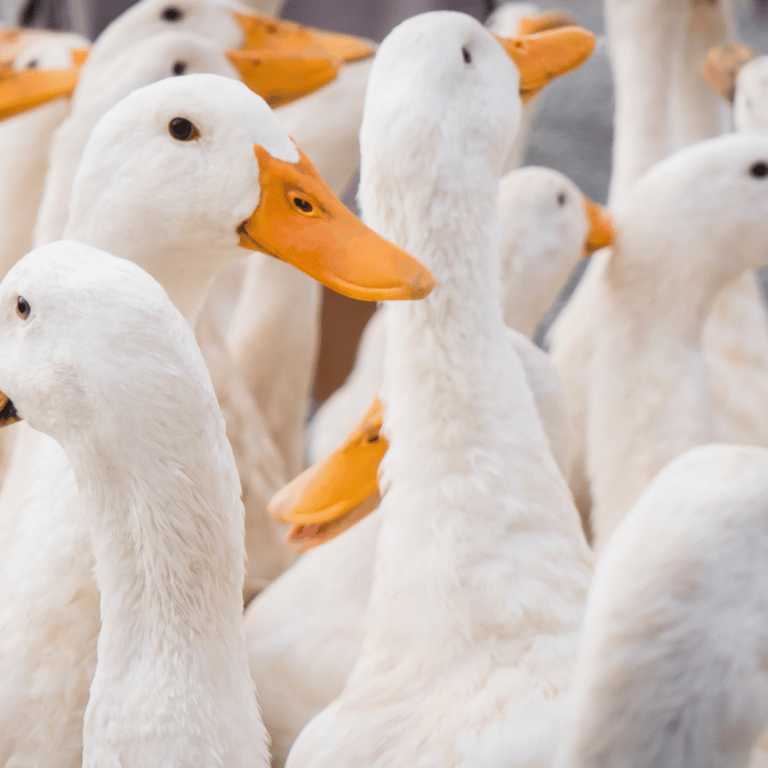
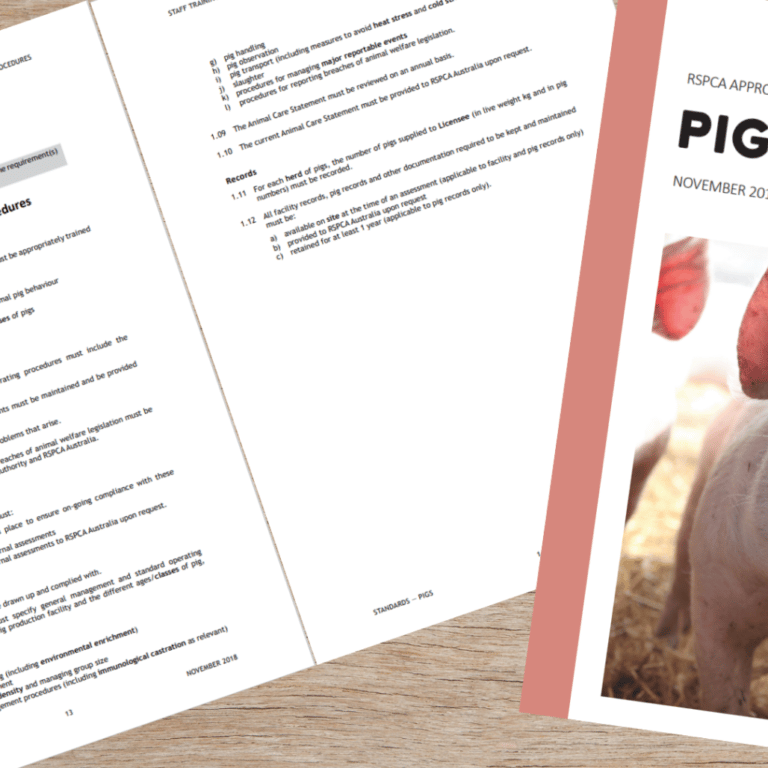
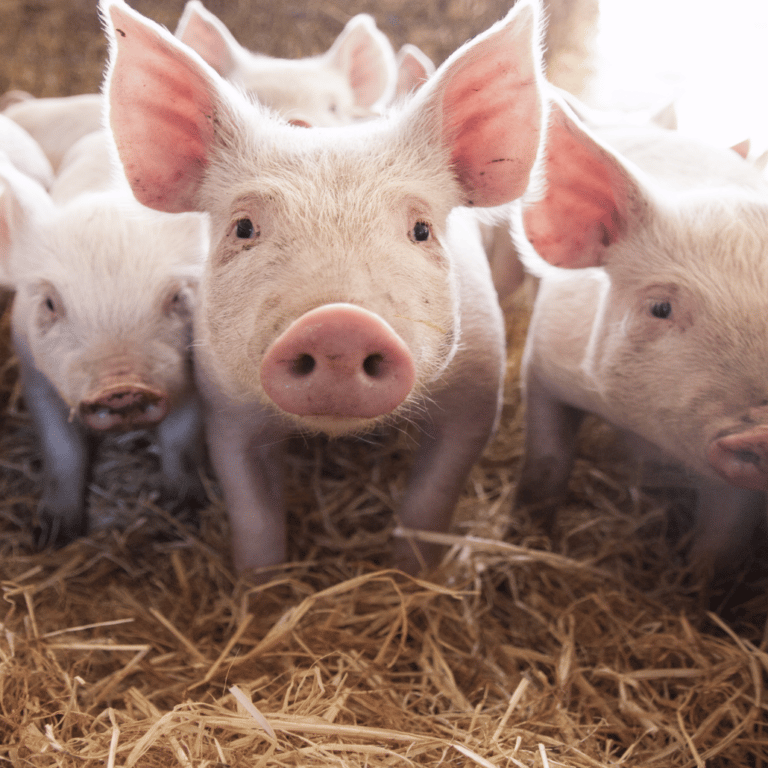
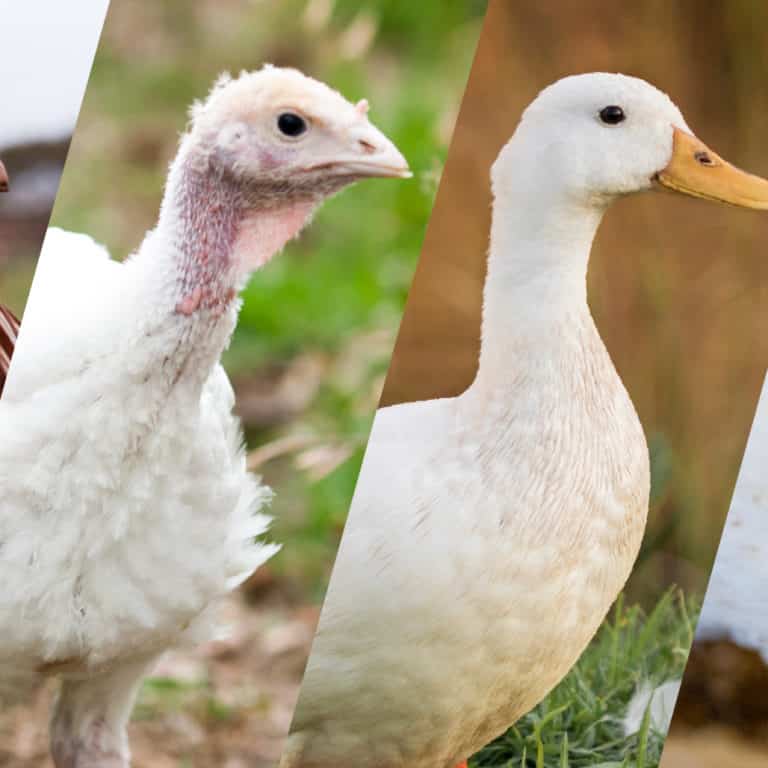
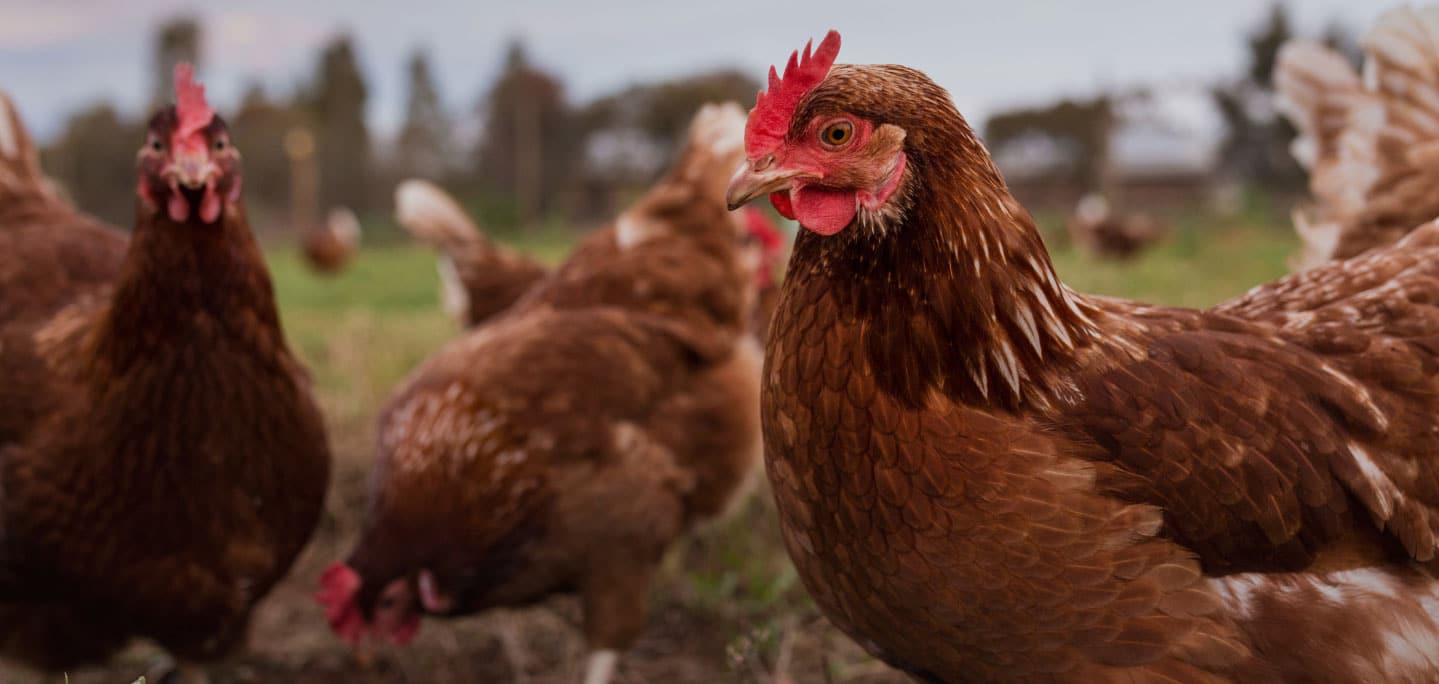

4 Comments
4 responses to “What ducks need for a good life”
I loved this article because I love ducks and their personalities
The article was well researched, succinct and well written
That’s shocking that ducks don’t have adequate water for bathing , preening etc.
it should be an easy thing to ensure their well-being! Again , greed for the $ instead of humanness
I don’t understand why they do not have access to water as a requirement so they can preen, bathe, swim and behave like normal duck.
The legislation needs to change and it to change by 2032 is a joke. It’s cruel.
I would like to see how the people who make these laws and legislation react to being treated without their basic human needs of to wash and clean. An animal is no different.
Hi Tracy,
Thank you for your care and concern for farmed ducks, we share your frustration on the long timeframes. They are much longer than any of us wanted, and much longer than they need to be. While we are pleased about increased access to water sources for breeder ducks, we will do what we can to ensure state and territory governments implement these changes as soon as possible and continue to advocate for separate water sources and further improvements for all farmed ducks.
We recognise we have a long way to go for farm animal welfare in Australia. The main reason the RSPCA Approved Farming Scheme was created was to improve welfare conditions on farm in the absence of better legal requirements. In addition to our work with producers we advocate for further improvements for farmed animals by engaging with government, stakeholders and brands who prioritise farm animal welfare.
Thank you for your commitment to animal welfare Tracy.